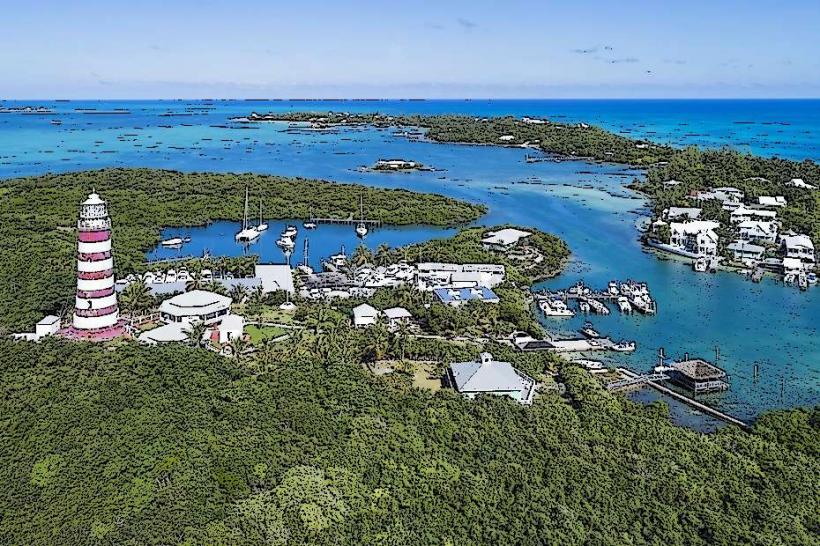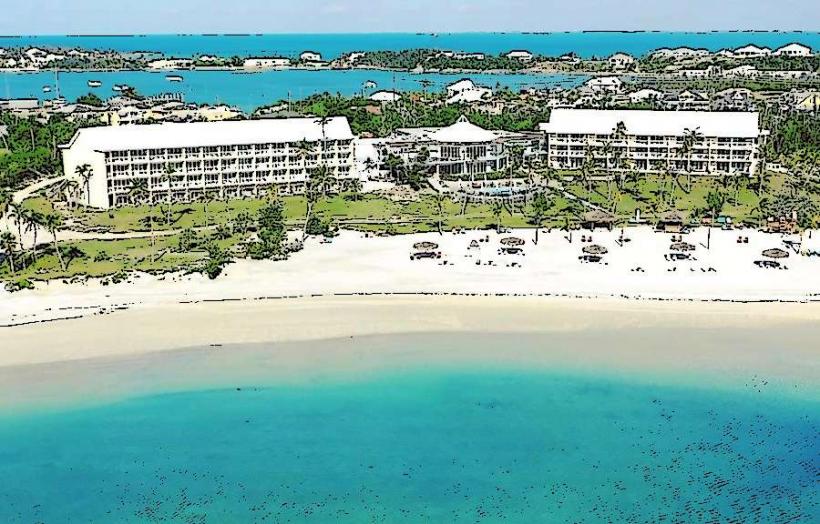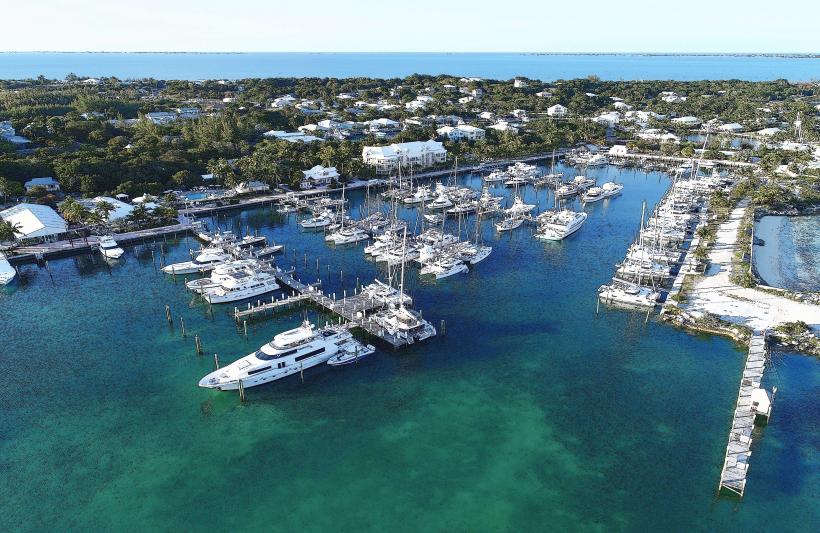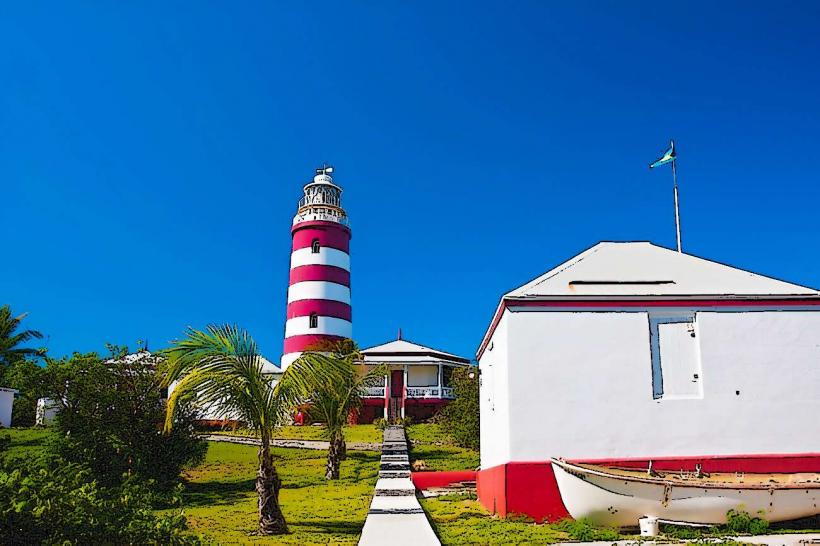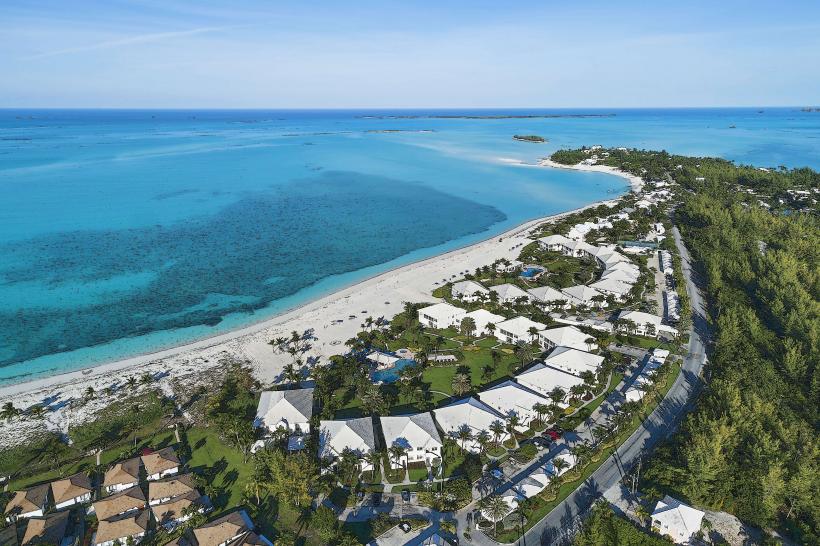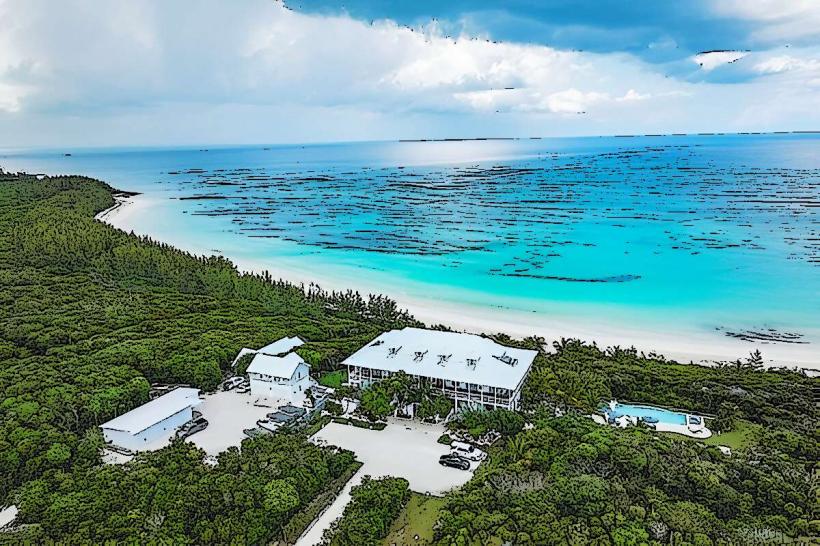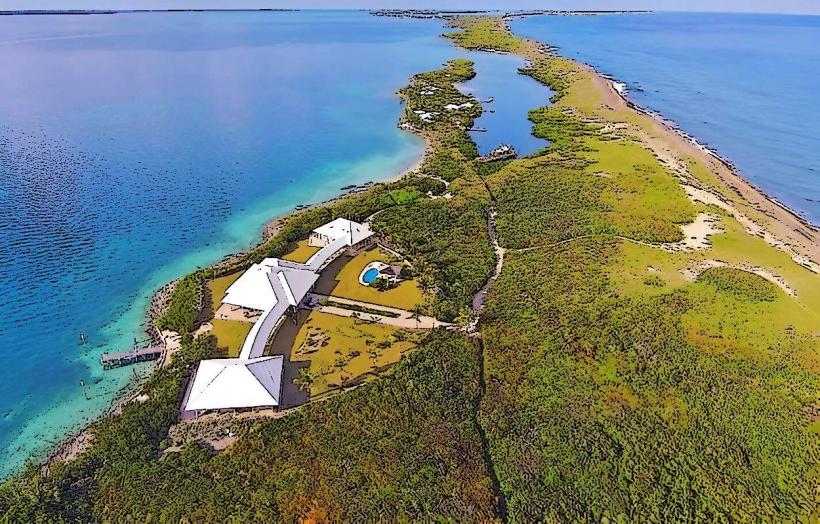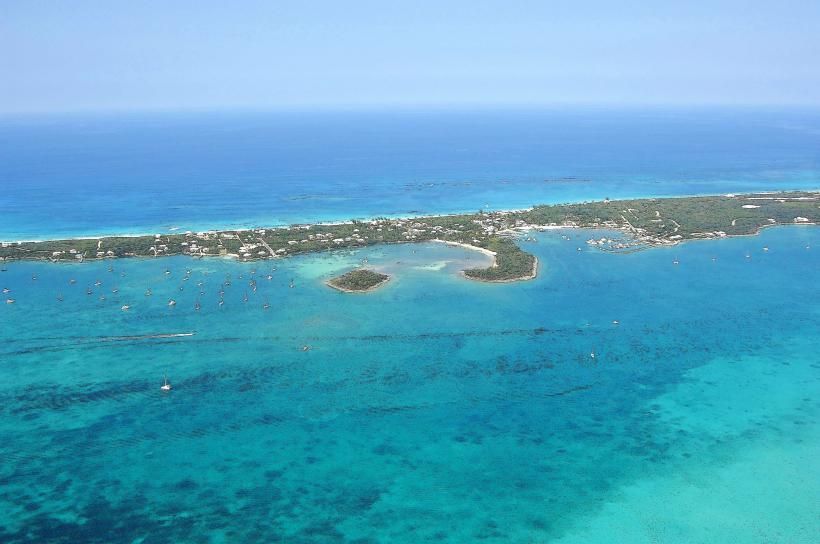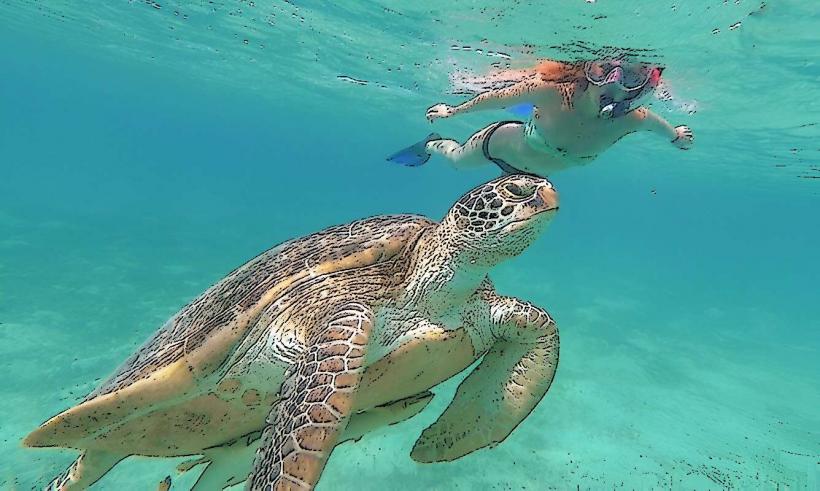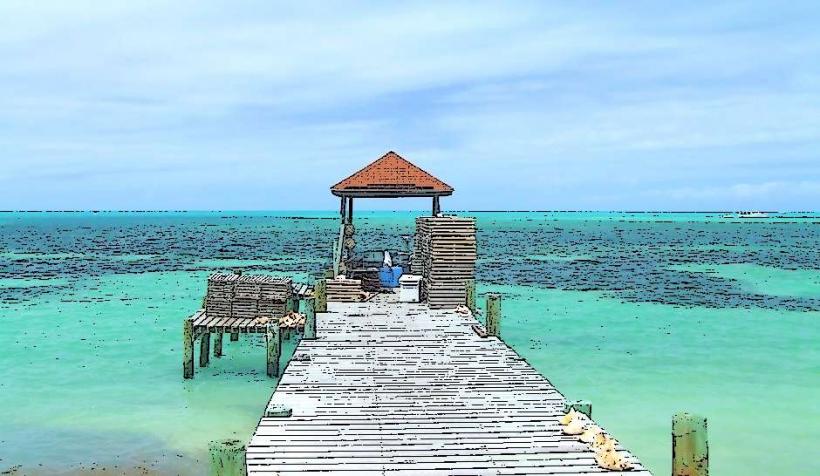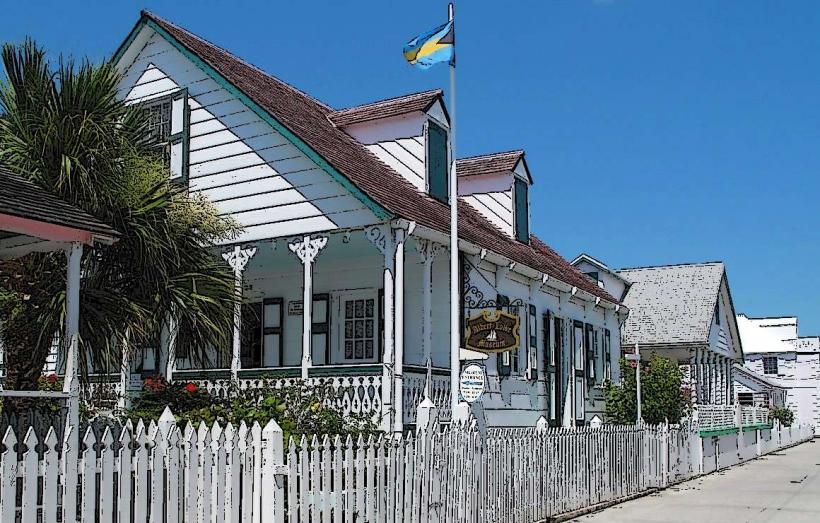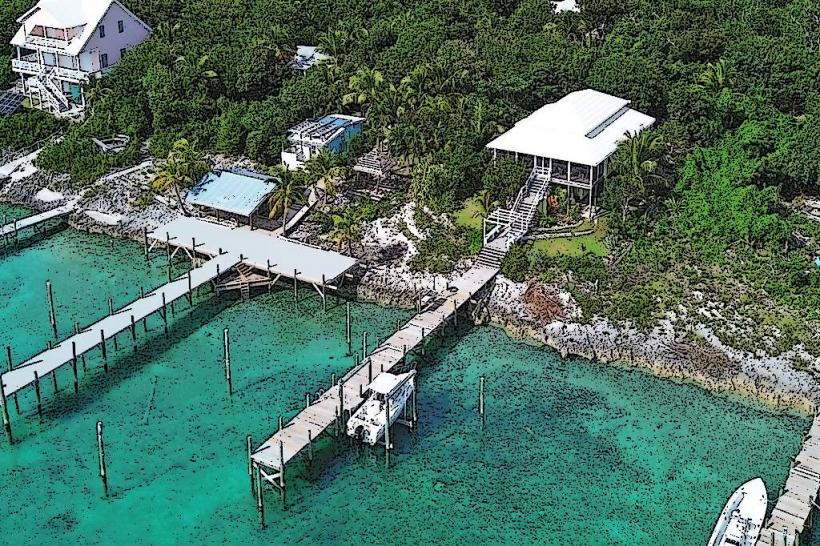Information
Landmark: Abaco National ParkCity: Abaco Islands
Country: Bahamas
Continent: North America
Abaco National Park is a protected nature reserve located in the Abaco Islands of the Bahamas, designed to preserve the unique flora, fauna, and habitats of the region. Established in 1994, the park covers an area of about 20,500 acres (8,300 hectares) and is one of the most important ecological sites in the Bahamas, home to a variety of endangered species and rich natural biodiversity. The park is situated in the southern part of Abaco Island and is part of the larger Great Abaco Island ecosystem, which includes wetlands, pine forests, and coastal habitats.
Key Features of Abaco National Park:
Ecological Significance:
- Abaco National Park plays a critical role in protecting the diverse ecosystems of the Abaco Islands. The park is home to a mix of pine forests, wetlands, and savanna grasslands, which provide habitats for many native and migratory species.
- The park is particularly valuable because it shelters a variety of endemic species found nowhere else in the world, making it a key area for biodiversity conservation in the Caribbean.
Flora and Fauna:
- The park features a variety of habitats that support a wide range of plant and animal species. The pine forests of the park are dominated by the Bahama pine (Pinus bahamensis), a species of pine that is native to the Bahamas and plays a significant role in the ecosystem.
- Abaco National Park is also known for its unique wildlife, including several species of endemic birds, reptiles, and mammals. Notably, the park is home to the critically endangered Abaco parrot (Amazona leucocephala), a species of parrot found only on Abaco and Grand Bahama islands.
- Other notable wildlife includes the Bahamian rock iguana, New World warblers, and various species of wading birds and shorebirds that rely on the park’s wetlands and coastal habitats for feeding and nesting.
- The park is also home to several marine species and coastal plants that thrive in the shallow waters and saltwater marshes, including mangrove forests, which play an essential role in protecting the coastline and providing nursery habitats for fish.
Endangered Species Conservation:
- One of the main objectives of Abaco National Park is to protect the Abaco parrot, which has been a focus of conservation efforts due to its dwindling population. The park offers a safe haven for this species, and the Bahamas National Trust (BNT) works in collaboration with other organizations to ensure the survival of the parrot, which faces threats from habitat loss, hurricanes, and predation by invasive species.
- The park is also important for protecting the Bahamian rock iguana, a species that is found in a few isolated areas in the Bahamas and is threatened by habitat destruction, invasive predators, and human activities.
- Conservation programs in the park work to restore native habitats, control invasive species, and educate the public about the importance of preserving the unique biodiversity of the Abaco Islands.
Recreational Activities:
- Hiking: The park offers several trails that allow visitors to explore its diverse ecosystems, including the pine forests and wetlands. The trails provide opportunities for birdwatching, wildlife viewing, and photography.
- Birdwatching: Abaco National Park is a prime destination for birdwatchers, especially those interested in seeing the Abaco parrot in its natural habitat. The park also offers opportunities to observe a wide variety of other birds, including migratory species that use the wetlands as a stopover point during their long migrations.
- Wildlife Viewing: Visitors to the park can enjoy seeing a variety of wildlife, including the Bahamian rock iguana, mammals, and marine life. While the park is primarily focused on conservation, there are designated areas where visitors can watch the animals without disturbing their natural habitats.
- Photography: The park’s landscapes, including its wetlands, coastal areas, and pine forests, offer excellent opportunities for photography, especially for nature enthusiasts who want to capture the stunning scenery of the Abaco Islands.
Wetlands and Coastal Ecosystems:
- The park is home to significant wetlands, which provide critical habitat for migratory birds and other wildlife. These wetlands serve as feeding grounds for various species of birds and are important for the health of the local ecosystem.
- The coastal ecosystems of the park, including salt marshes, mangroves, and seagrass beds, are vital for protecting the island's shoreline from erosion and for supporting marine life. These habitats are also critical for fisheries in the region, as they serve as nurseries for many species of fish.
- The wetlands also act as natural filtration systems, helping to clean and purify the water that flows into the surrounding oceans, which is crucial for maintaining the overall health of the marine environment.
Research and Education:
- Abaco National Park is a hub for scientific research and environmental education. The park’s conservation efforts provide important data on the species and ecosystems of the region, contributing to broader research on biodiversity conservation in the Caribbean.
- The park also offers educational programs for visitors, especially school groups, to learn about the park's ecology and the importance of preserving natural areas. Interpretive signs and guided tours are available to help visitors understand the environmental significance of the park’s diverse habitats.
Access and Transportation:
- Abaco National Park is accessible by road from Marsh Harbour, the main town on Abaco Island. The park is located near the southwestern tip of Abaco, and visitors can easily drive to the park’s entrance. Once inside, the park is primarily explored on foot or by guided tour.
- Visitors should note that the park is remote and undeveloped, so it’s recommended to come prepared with appropriate supplies, including water, food, and sturdy footwear for hiking.
Weather and Best Time to Visit:
- The climate of Abaco National Park is tropical, with warm temperatures year-round. The best time to visit the park is during the dry season, which runs from December to April. During this time, the weather is ideal for outdoor activities like hiking, birdwatching, and wildlife viewing.
- The wet season (May to November) can bring higher humidity and increased rainfall, but the park remains open year-round, and some visitors prefer this quieter time for a more serene experience.
Summary:
Abaco National Park is a vital conservation area in the Abaco Islands of the Bahamas, offering visitors the chance to explore its unique pine forests, wetlands, and coastal ecosystems while helping to protect important species like the Abaco parrot and Bahamian rock iguana. With its rich biodiversity, recreational opportunities, and ongoing conservation efforts, the park is an essential destination for nature lovers, birdwatchers, and anyone interested in experiencing the natural beauty of the Bahamas. Whether you're hiking the trails, birdwatching, or learning about local conservation, Abaco National Park is a place where visitors can connect with the environment and support efforts to preserve the island's unique ecological heritage.

